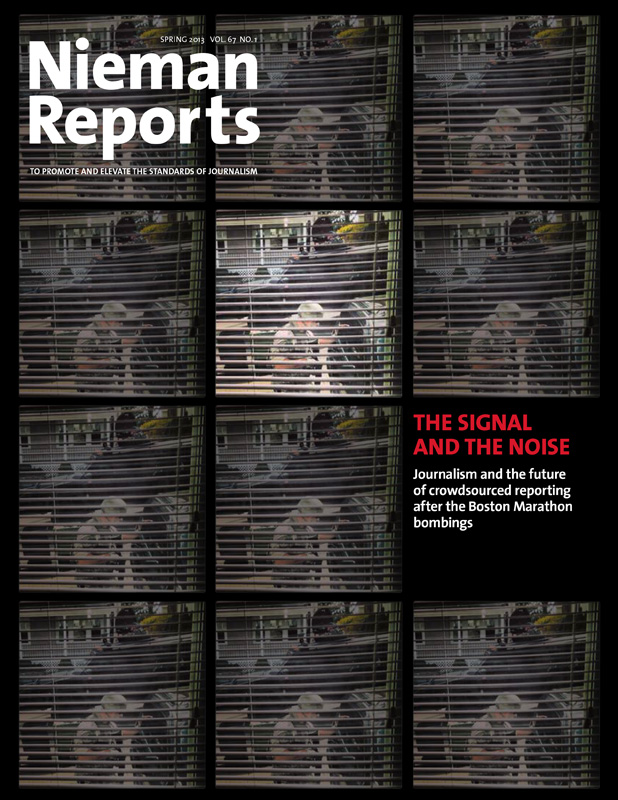 I’m too young to be nostalgic (says the man who just got his AARP invitation), but here’s a story from the good old days—meaning, seven years ago.
I’m too young to be nostalgic (says the man who just got his AARP invitation), but here’s a story from the good old days—meaning, seven years ago.I was working with fellow Seattle Times reporter Justin Mayo on an investigation of illegally sealed court records. We discovered a case where a public school district, one of Washington’s best, had taken extraordinary steps to keep the public from knowing how miserably it had failed its students. Year after year a teacher had molested elementary-school kids, as the district—four principals, in particular—ignored warning after warning.
Three families sued, and the district settled. But the district—remember, a public institution—secured a confidentiality agreement unlike any I’d seen. Not only were court records sealed, but additional documents were destroyed, computer records were purged, and the plaintiffs—three girls who had been molested—were forbidden from criticizing the teacher or district, lest they be fined. This secrecy agreement was crazy. And infuriating. And legally indefensible.
Justin and I got the records opened and told the story. How we did it? That’s where the nostalgia creeps in. We devoted two years to this project, crafting searches of electronic court dockets and walking the aisles of the clerk’s office, looking for signs of sealed files. Finding hundreds, we sued to get dozens unsealed, spending about $200,000 in legal fees. Imagine: two-plus reporters, two years, $200,000. It’s the $200,000 that really gets me. These days, I worry about spending $200.
But I figure these stories are still attainable, provided we’re vigilant. It’s all about knowing when we’re being played. Take the courthouse. If there’s a confidential settlement involving a public agency, we’re being played. A civil suit with a John Doe defendant? We’re being played. Ditto for any civil suit sealed in its entirety. That should almost never happen.
And if we can’t sue, we can still shame. We need to be more creative in enlisting the public’s help. We’re often too shy about letting readers—or viewers, or listeners—know when we’re being stonewalled, be it in the courthouse or by some executive agency. Say an agency refuses a public-records request on specious grounds. Let readers know. Tell them the law and show them how it’s being violated. If an agency goes crazy with the redactions, let readers know. Show them page after page, blacked out. We could maintain a compliance tracker, telling readers which agencies follow the law and which ones take five months to fill a request that should take five days. An educated public—a public that knows the law and appreciates the stakes, a public that can apply pressure—could be our most powerful ally.
Ken Armstrong, a 2001 Nieman Fellow, is a reporter at The Seattle Times. He is a winner of the 2012 Pulitzer Prize for Investigative Reporting.
[sidebar head="More on Watchdog Reporting" style="full"]
From Shoe Leather to Big Data: ProPublica and the Future of Watchdog Journalism
By Robin Fields
Ask The Right Questions: MuckRock Makes FOIA Requests Easy
By Michael Morisy
Truth or Consequences: Where is Watchdog Journalism Today?
By Dan Froomkin
No Profession for Lone Wolves: Watchdog Reporters Need to Work Together
By Stuart Watson
Cross-Border Collaboration in Watchdog Journalism
By Stefan Candea
In Korea, Watchdog Journalism Worth Watching on Television
By Chong-ae Lee
Do the Right Thing: Watchdog Reporters Handle a Bombing in Philadelphia
By William Marimow
Our Communities Crave Watchdog Journalism
By Raquel Rutledge[/sidebar]



